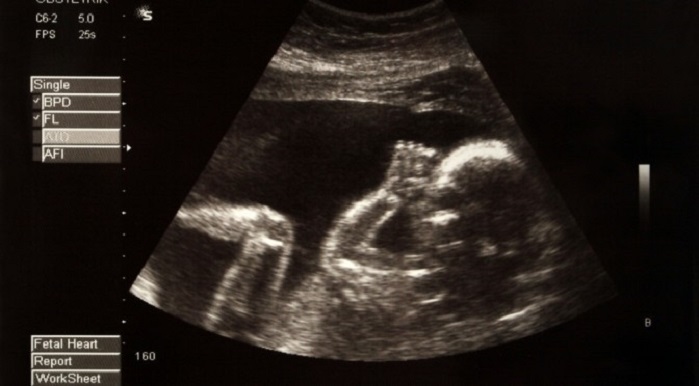Disturbing new details about the collection of aborted baby body parts at the University of Pittsburgh continue to surface in documents obtained through a Freedom of Information Act request.
Numbers from the documents, highlighted at The Federalist, indicate that the university obtained “fresh samples” of organs, such as “liver, heart, gonads, legs, brain,” “kidneys, ureters and bladders,” from “as many as 725” aborted babies in 2014.
And those numbers almost certainly have grown since then.
As LifeNews.com has extensively reported, last week, Judicial Watch and the Center for Medical Progress exposed evidence of babies potentially being born alive in abortions and other disturbing practices at the university in documents they obtained from the U.S. Department of Health and Human Services through FOIA.
The documents show that the federal government gave the University of Pittsburgh at least $2.7 million in federal tax dollars over the past five years to become a “tissue hub” for aborted baby body parts for scientific research.
According to The Federalist:
The series of grants, running from 2015 into May 2021, propose that fetal collections “can be significantly ramped up” from previous years—effectively making the university a base for harvesting and distributing baby tissue.
Pittsburgh claims it has been collecting fetal tissue in enormous volumes for more than a decade, including “liver, heart, gonads, legs, brain” and “kidneys, ureters and bladders.” In 2015 alone, it distributed “over 300 fresh samples collected from 77 cases” and “as many as 725 cases” the year prior. It’s reasonable to assume that this number exponentially increased, since their stated target goal is to have a minimum of five cases of tissue per week for ages 6 to 42 weeks. That’s at least one baby per day.
The university has been using Americans’ tax dollars to pay for its “tissue hub” for aborted baby body parts for years. According to the documents, the University of Pittsburgh requested $3.2 million over a five-year period in 2015, and it has received at least $2.7 million so far.
The documents also show racial targets for the organs it harvests.
One document titled “Planned Enrollment Report” includes a chart with racial categories and targeted numbers within each category for “tissue from an elective or spontaneous abortion < 24 weeks gestation.” It noted that “tissues from 25-42 gestational weeks” also will be obtained. The chart projects collecting organs from 200 white female babies, 100 black/African American female babies, 50 Asian female babies and 50 Hispanic/Latino or mixed-race female babies.
Previously, LifeNews and other pro-lifers exposed a disturbing experiment at the university that involved scalping five-month aborted babies and then implanting their scalps onto rodents to study the human immune system. The information comes from a study that University of Pittsburgh researchers published in 2020 in the journal “Scientific Reports.”
The university maintains that it has not done anything wrong, and it follows the law, including the restrictions in the Pennsylvania Abortion Control Act.
But state pro-life leaders and lawmakers say the documents raise serious concerns, and they are calling for an investigation.
“The allegations read like something out of a horror movie—gruesome and disgusting,” said Maria Gallagher, legislative director of the Pennsylvania Pro-Life Federation. “It is deeply disturbing to think that full-term babies could be treated in such an inhumane manner. We call on both federal and local authorities to conduct a thorough investigation of the University of Pittsburgh’s research practices.”
The federation, Pennsylvania Family Council, state Rep. Kathy Rapp, U.S. Senate candidate Sean Parnell and others urged state Auditor General Tim DeFoor to investigate the university.








